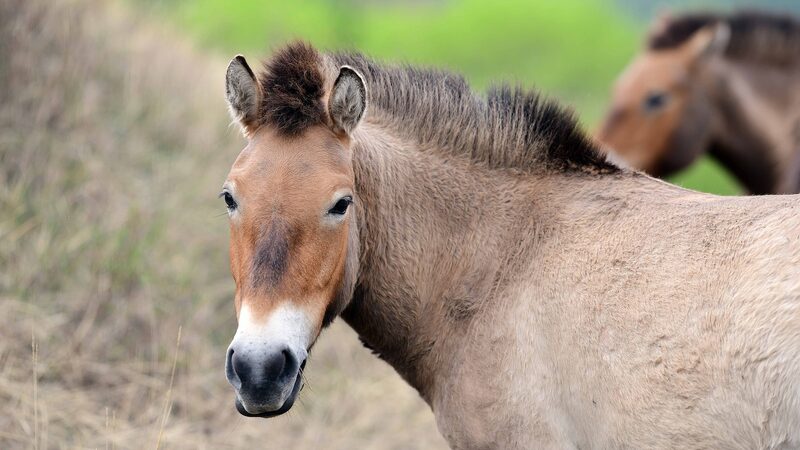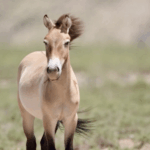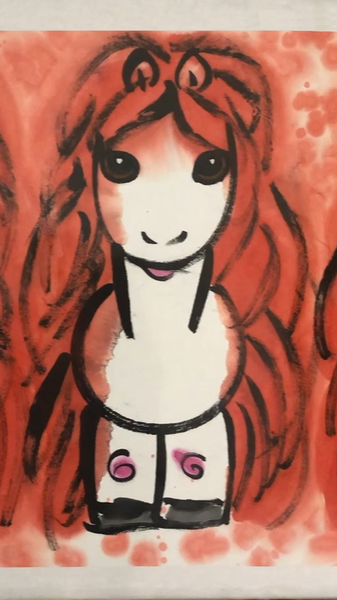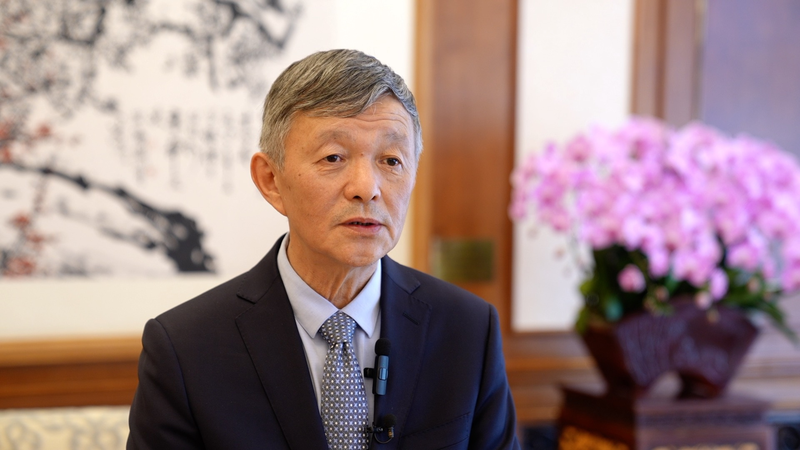In an exciting move to preserve the Przewalski's horses, northwest China's Gansu Province has successfully transferred the last 15 out of 40 horses between nature reserves. 🐎✨ These majestic creatures were moved from the Anxi Extreme-arid Desert National Nature Reserve to the Dunhuang West Lake National Nature Reserve last Saturday, boosting the horse population there from 126 to 166.
To ensure a smooth transition, fences were set up at Anxi to help the horses adapt to their new environment and reduce stress during transport. The horses also underwent parasite treatments in batches before their move.
The Przewalski's horses at Anxi originated from Britain, while those at Dunhuang came from Germany. Without such careful management, these horses could face inbreeding issues in the wild. 🛡️ This transfer aims to enhance the genetic diversity of the species, making them stronger and more resilient in their natural habitats.
\"We aim to increase the population of the species, change their genes and strengthen their resistance for living in the wild to enhance their survival ability,\" said Sun Weigang, director of the administration and conservation center of the Dunhuang West Lake National Nature Reserve.
Looking ahead, the last 15 horses will spend months in a semi-captive environment at Dunhuang to get accustomed to local conditions before being released back into the wild next year.
Przewalski's horses, native to China and Mongolia, are currently endangered. Once extinct in the wild in the mid-20th century due to excessive hunting and environmental challenges, they are now China's first-class protected animals with original equine genes. 🐴❤️
Since 1985, efforts to revive wild populations have included introducing horses from other countries and setting up breeding bases in regions like Xinjiang and Gansu. Last September, 40 horses were released in two wetlands near Dunhuang, and so far, four groups of 30 horses have successfully settled and bred in these areas.
Reference(s):
cgtn.com







